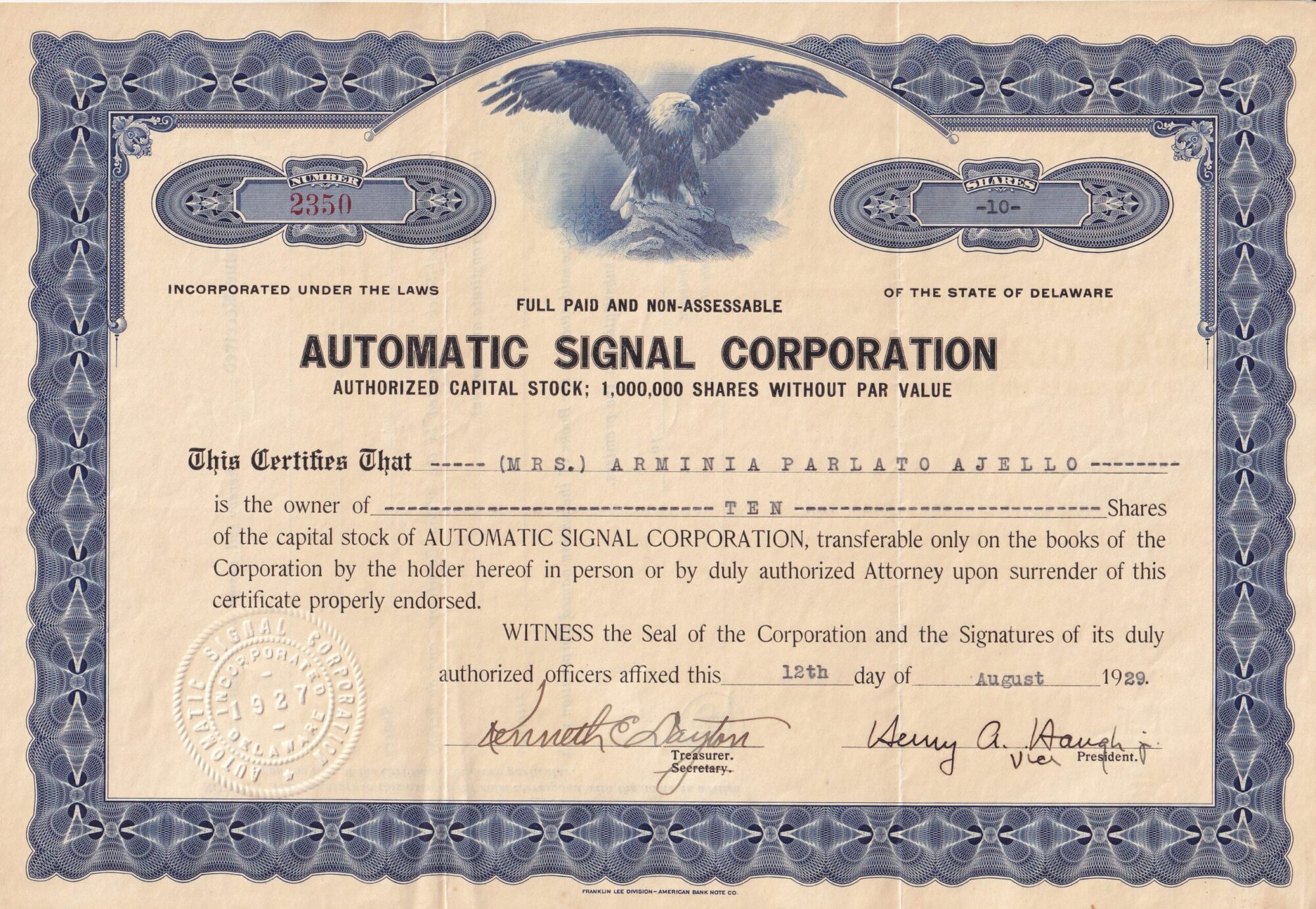The following question was presented to GROK on X. Note that Designated Market Makers (DMMs) see your order flow and can trade for their own accounts. It is still a merchandising operation. They buy low and sell high.
Do designated market makers buy and sell for their own accounts?
Yes, Designated Market Makers (DMMs), formerly known as specialists, do indeed buy and sell securities for their own accounts, but within certain regulatory constraints:
- Market Making Role: Their primary role is to maintain fair and orderly markets for their assigned securities. This involves buying when there’s excess sell pressure and selling when there’s excess buy pressure, thereby ensuring liquidity.
- Proprietary Trading: DMMs are allowed to trade for their own accounts, which can include:
- Hedging: They might hedge positions they hold in the market to manage risk.
- Speculation: They might also engage in speculative trading based on their market insights or strategies, though this is more regulated than standard proprietary trading firms.
- Regulatory Framework:
- DMMs operate under strict rules from the SEC and the exchanges. For instance, they must adhere to:
- Priority Rules: They often have to give priority to public customer orders over their own when executing trades.
- Price Improvement: They are sometimes required to improve the price when trading with themselves (buying at a higher price than the best bid or selling at a lower price than the best offer).
- Regulations aim to prevent conflicts of interest and ensure that the market-making function is not compromised by proprietary trading activities.
- DMMs operate under strict rules from the SEC and the exchanges. For instance, they must adhere to:
- Information Advantage: Due to their central role in the market, DMMs have access to significant information about order flows which could theoretically give them an advantage in proprietary trading. However, this is heavily monitored to prevent unfair practices.
- Transparency and Fairness: Exchanges require transparency in how DMMs manage these dual roles to ensure market fairness. They must report their proprietary trades separately from their market-making activities.
So, while DMMs do engage in trading for their own accounts, this activity is closely intertwined with their obligation to facilitate trading for the public, under stringent regulatory oversight to maintain market integrity.
Examples of Approved NYSE DMM’s
Citadel LLC
GTS Securities LLC
Virtu Americas LLC
